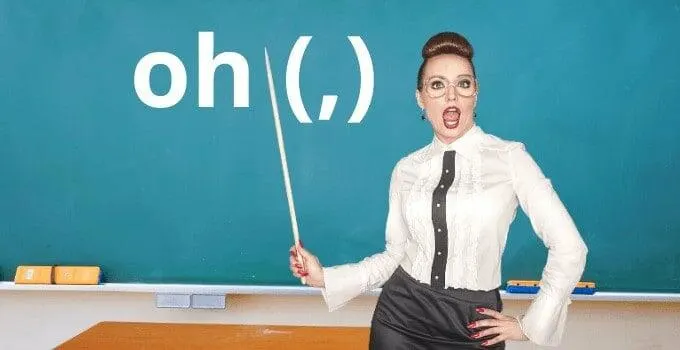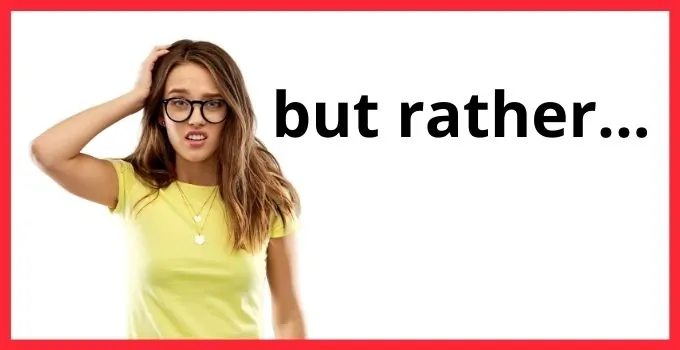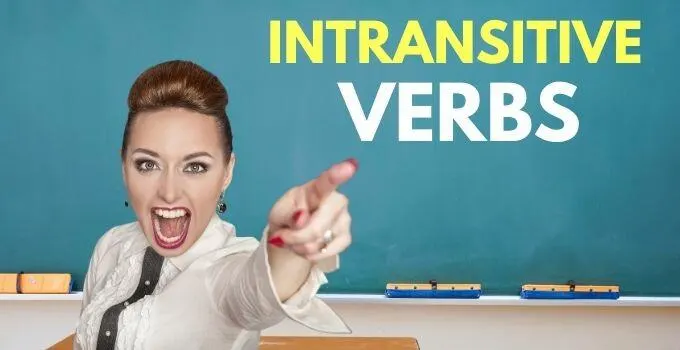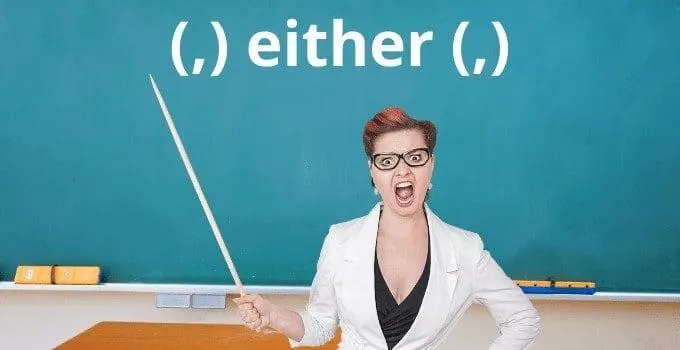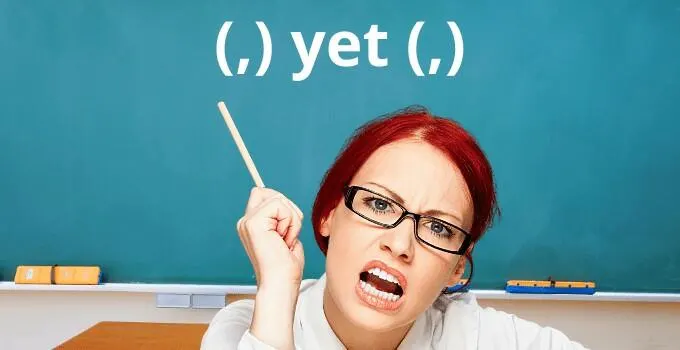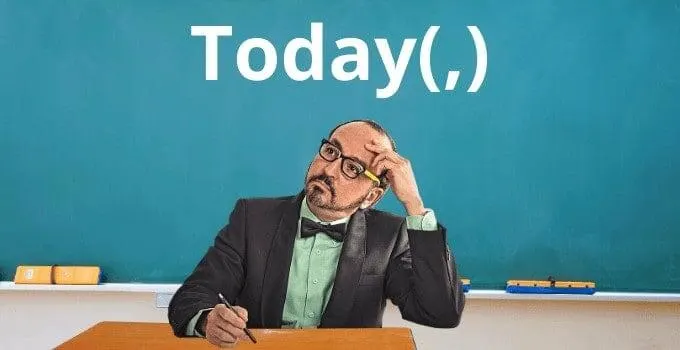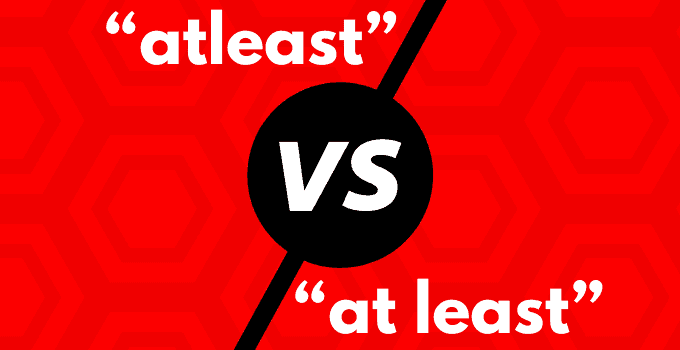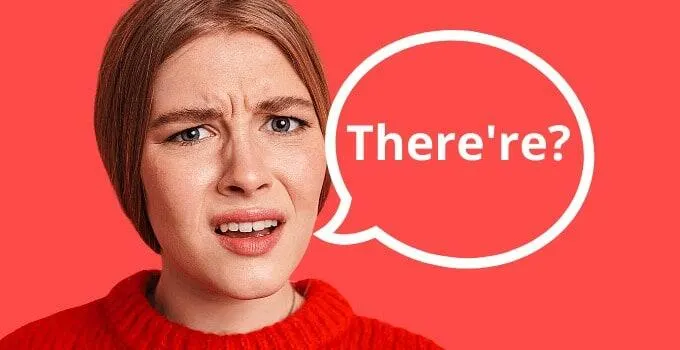When to put a comma after “Oh” in a sentence Oh, hi! Didn’t see you there. Were you looking for an article about comma use after the word “oh”? If so, I have just the thing. Do you need a comma after “Oh”? When you’re using “Oh” like an interjection (a part of speech …
Grammar
Part of what makes writing so interesting is that it’s possible to do things which are stylistic choices rather than grammatical ones. However, if you opt to add flavor to your writing this way, it’s important to know the grammatical rules involved as well. One case in point is the phrase “but rather,” which is …
Intransitive verbs, does that ring a bell? If it doesn’t, no worries. In this article, we’ll demystify what it means for a verb to be ‘intransitive,’ and we’ll share tips on how to use them correctly in your sentences. What is an intransitive verb? An intransitive verb is a verb that cannot take a …
Of all the punctuation marks that we writers have to wield, the comma may be the hardest to master. Why, I hear you wonder, are commas so unwieldy? After all, aren’t there plenty of grammar books and style guides telling you how and when to use these little creatures? Yes, there are several style guides …
For many writers, especially those still starting out, the rules governing grammar and punctuation may seem esoteric and strange. Also, if you’ve ever had the displeasure of coming across a stickler for the rules, you are always left with the impression that those who don’t follow grammar rules to the letter might as well not …
Commas can be confusing for many. The rules aren’t always clear, and a lot of the times putting a comma becomes a matter of judgment. It becomes a matter of whether a comma will enhance the meaning or improve the legibility of the text. However, even when there are clear cut rules, these can be …
Using commas with words is quite a pain in the neck. We think we know what to do, yet at times we don’t. This very dilemma happens to be true with the word “sometimes,” an adverb of frequency that also means “occasionally.” This article, however, would like to focus only on when to use a …
Here is a nugget of valuable, albeit blunt, advice: don”t believe people who claim grammar isn’t important — because the opposite is true. Poor diction and writing mechanics can rob you of job opportunities and even limit your social circles. Because despite the best of intentions, we humans harbor heaps of unconscious judgment about how …
People wonder whether we can contract “there are” to “there’re,” or would that be plain wrong? Let’s try to answer that question right about now. Table of Contents What does “there’re” mean? Choosing between “there’re” or “there are” Using “there’re” in a sentence The correct way of pronouncing “there’re” “There’re” …

